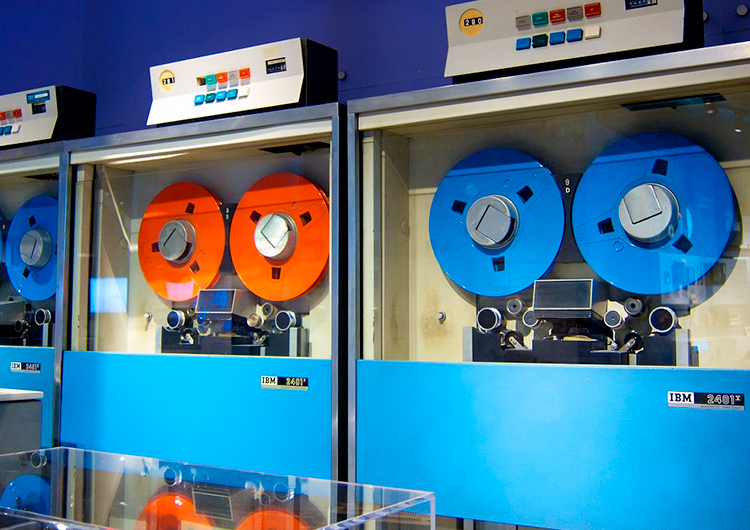
It seems that the saying “the old horse will not spoil the furrow” does not lose its relevance in IT - old and proven technologies serve faithfully. Moreover, some of them are becoming the basis for technological breakthroughs. As in the case of a 580 TB tape drive, created by the efforts of Fujifilm and IBM.
At the moment, this is a world record - so far, no information carrier can boast of the same indicators. The maximum capacity of SSDs, for example, does not exceed 100 TB, and that of hard drives is about 30 TB.

The developers managed to achieve such indicators by increasing the recording density up to 317 Gbps per square inch. This figure is 27 times higher than the record for tape drives currently in operation, models that can be purchased.
The engineers used strontium ferrite particles to coat the tape instead of barium ferrite, a compound commonly used. Fujifilm holds the rights to this development.

The strontium ferrite particles have a smaller size, so the recording tracks succeeded up to 56.2 nm. True, along the way, I had to create a new read / write mechanism, first of all, a new head, which not only can work with narrow tracks, but also has increased positioning accuracy. For a tape drive to hold 580 TB of information, the tape must be 1.255 km long. The same amount of information is equal to 787 thousand CDs.
This isn't the first time IBM and Fujifilm have worked together. A few years ago, in 2015, both companies developed a 220TB drive. Moreover, at that time, barium ferrite was used as a coating for the tape, and not strontium, as now.
Why Magnetic Tape?
Only it makes it possible to increase several times the amount of file space available for recording information. Despite the fact that magnetic tape was developed at the beginning of the last century, it is very actively used today for data storage.

The maximum SSD currently available for purchase is 100TB. This is about five times less than in the case of a tape drive. At the same time, the cost of an SSD with a capacity of 100 TB is about $ 40,000, so even large companies are unlikely to actively purchase such a system. True, for $ 12,500 you can buy a 50 TB SSD, but this is very expensive.
By the way, for a long time the standard of magnetic years in the industry was LTO-9, with the ability to store up to 24 TB of information. Spectra Logic demonstrated in September 2019 a record-breaking system with the ability to grow up to 1 exabyte of data.
